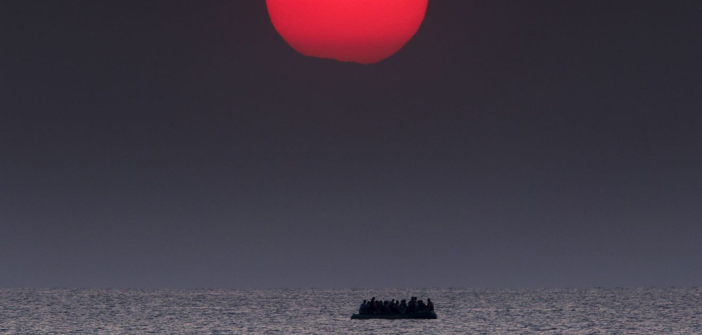Certainly,
In the end, the difficulties faced by the European Union in the field of asylum do not stem so much from the lack of a common European asylum body as from the inability to develop a common philosophy that entails a shared analysis of the situations in different countries. More than institutional issues, these existing disparities in the outcomes of handling applications or in the practical solidarities implemented highlight, as in other areas, the unfinished nature of European construction.
Because how can we explain, without considering all the Union’s countries, that countries claiming to share the same values and whose democratic systems are of comparable quality, as is the case for France and Germany, can experience such significant discrepancies in processing asylum applications, can differ so much on the assessment of the internal situations of various emigration countries, and therefore, on the definition of what constitutes a safe country of origin? For a long time, law served as a means of rapprochement, a support point for the unification of the European space. However, today, jurisprudence is moving in the opposite direction. It is now common for courts to consider that returning an asylum seeker to the Union state responsible for their application and its follow-up would be contrary to human rights.
In France, the reasoning behind these judicial decisions is linked to the fact that countries like Germany or those in Northern Europe may return rejected applicants to countries such as Afghanistan in collective flights, or even Syria. Conversely, German courts consider that the reception conditions for asylum seekers in France can be “inhumane or degrading,” justifying the decision not to return an individual to France even though it is responsible for their asylum application.
All these elements illustrate a crisis of confidence between European countries that goes beyond a temporary lack of trust between political authorities. The expansion of Europe to countries like those in the so-called Visegrád group has only intensified this distrust and proves to be antithetical to the desire to establish an asylum-oriented Europe; Europe is becoming a phantom.


